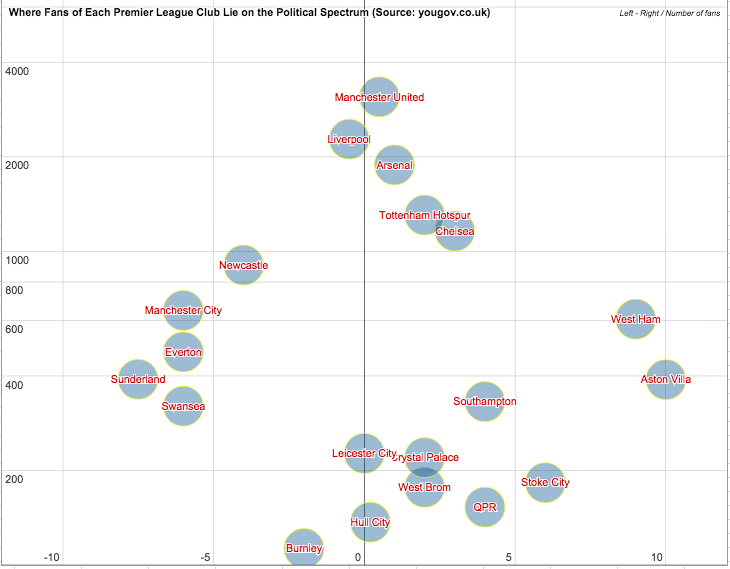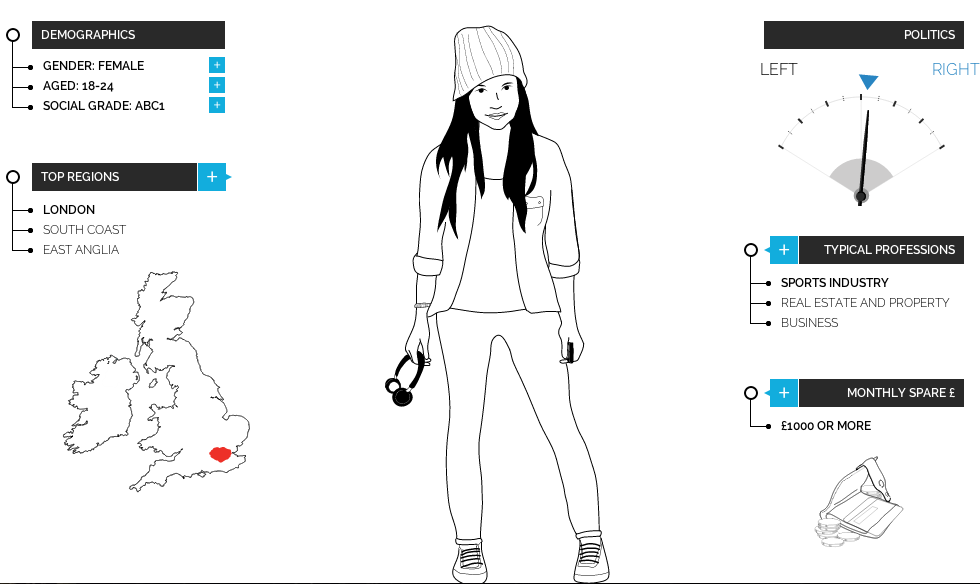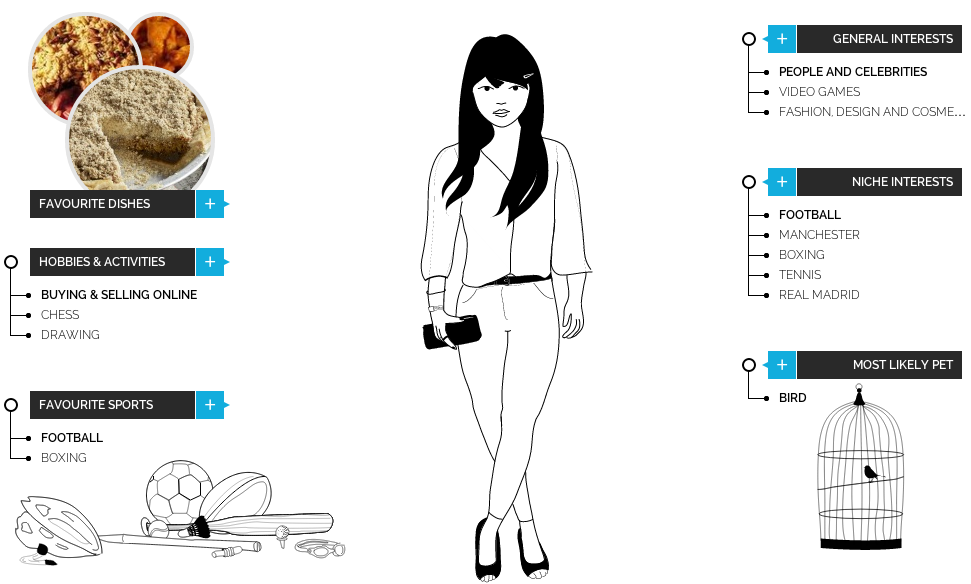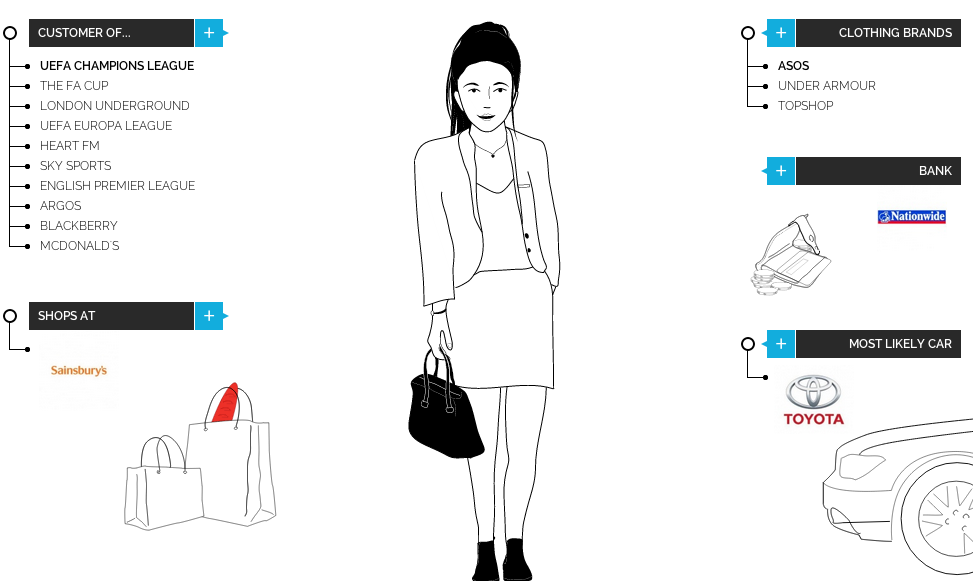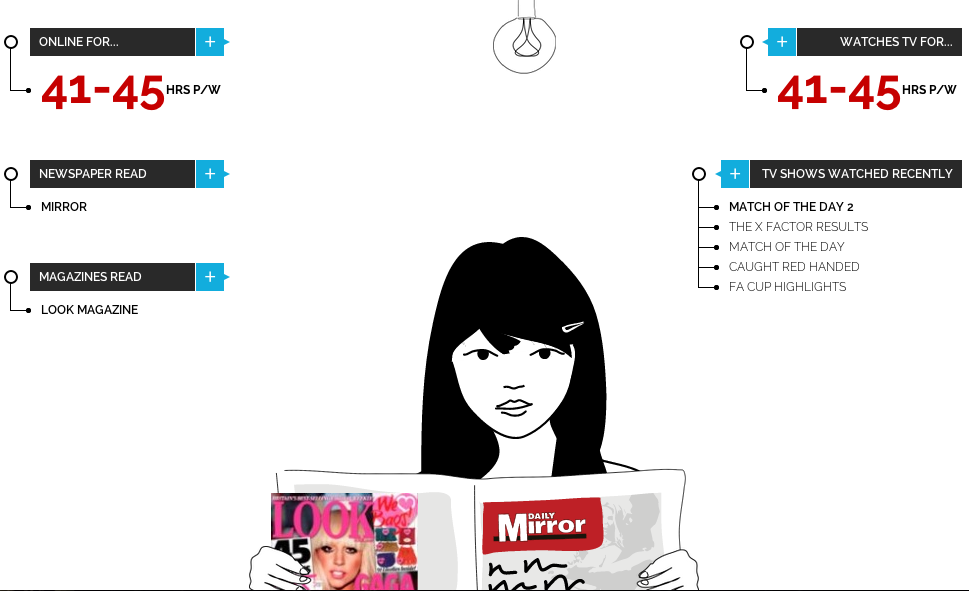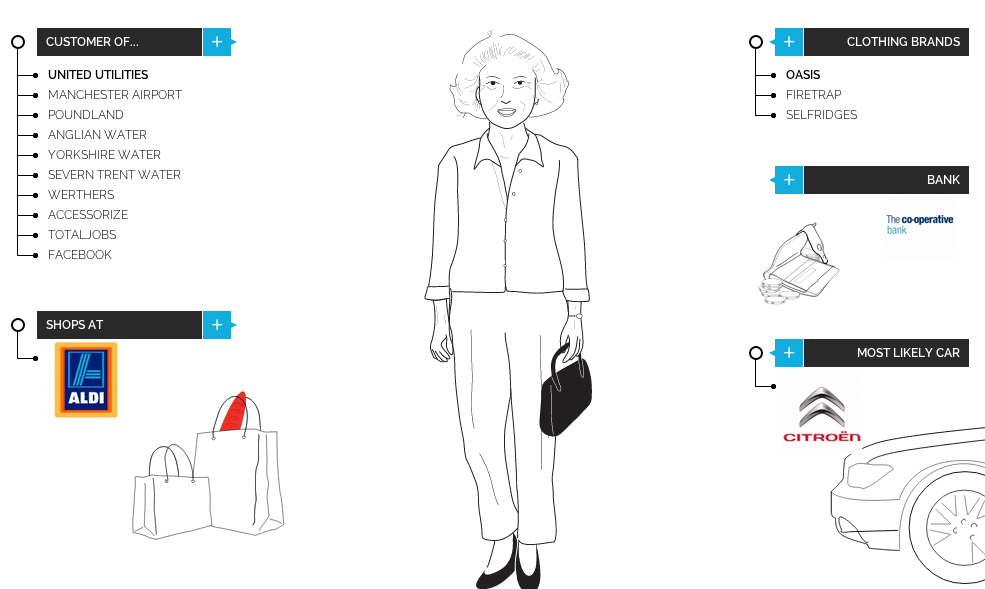What does your favourite football club say about you? As an Arsenal fan, I’ve always seen my club as the aesthete’s team of choice, what with the stylish play and the London-bred cosmopolitan outlook. By contrast, Chelsea has always struck me as a boorish club supported by boorish people who care more about outward success than decency. To be reductive, Chelsea fans, or at least recent converts of the Blues, are probably part of the same demographic that, if given a chance to attend Hogwarts, would join Slytherin in a heartbeat.
Of course, I’ve not a shred of evidence to suggest that any of this is true, and my prejudice against Chelsea perhaps says more about my envy of their success than anything else. And yet, at the same time, I believe that the type of person who has only recently begun worshipping a club that had achieved very little success prior to 2003, when Roman Ambramovich turned up at Stanford Bridge’s doorstop and started pouring billions of his own rubles into its coffers, simply must be lacking in class. To be frank, no other explanation is possible.
Anyway, I recently came across a website called YouGov Profiles. YouGov is an internet-based market research firm that asks its 200,000 or so members across Britain questions about virtually everything. After stumbling upon the site, I soon realised that its profiles included fans of English Premier League clubs. By typing in the name of a club, I would be presented with a whole collection of data, from where the statistically ‘average’ fan lies on the political spectrum, to what they enjoy doing in their spare time.
To be honest, the data is almost disquietingly specific — who would have known that the typical Arsenal fan’s favourite dish is coq au vin? What’s more, the website is perhaps susceptible to quite a number of inherent biases that render the research rather less than scientific. But just because the ‘facts’ have to be taken cum grano salis, it does not mean we cannot have our fun in the sun.
So to the research:
The horizontal x-axis shows the political leanings of fans of each English Premier League football club. This axis has a maximum of 12 in each direction, with -12 meaning ‘completely left-wing’ and 12 meaning ‘completely right-wing’. By contrast, the vertical y-axis shows the number of fans that each club supposedly has, with a minimum of 0 and a maximum of 4000.
Unsurprisingly, the 5 most popular clubs (in order) are Manchester United, Liverpool, Arsenal, Tottenham Hotspur, and Chelsea. With the exception of Spurs, these also happen to be the most successful clubs in English football that are currently playing in the Premier League. At the same time, the data suggests these clubs have some of the most centrist fans in the competition. This is perhaps due to the fact that their fan bases are larger and more heterogeneous than other clubs. A greater proportion of their fans live outside of the city where the clubs are based, and hence are not as greatly influenced by regional politics. If Manchester is said to be a left-leaning city, the reason this is not reflected in the political preference of Manchester United fans is because most fans do not live in Manchester. Conversely, Manchester City fans are distinctly left-wing, perhaps because City is less popular, and hence has a greater proportion of fans living in its hometown.
However flawed the data may be, I am fairly confident that a truly representative graph would have a similar y-axis to this one. But as for the x-axis, we are entering into unknown territory. Since I’m not from Britain, I have no idea why Sunderland fans are almost Marxists, or why Aston Villa are only slightly to the left of Mussolini. It could be that these clubs have fewer fans on YouGov, thus ensuring that each of their fans’ opinions holds greater relative weight. But according to the data, Sunderland and Aston Villa have respectively 391 and 390 fans — far from being among the least popular clubs. In fact, the least popular club is Burnley with 113 fans, but Burnley fans are no more left-wing than Chelsea fans are right-wing.
The Suit of Clubs
Of course, political preferences are only part of the story. The more interesting bits tell us what the fans are like as people. Are Arsenal fans really that different from Chelsea fans? YouGov thinks yes — but apparently not for the reasons I had thought obvious…
Arsenal
The average Gooner is an 18-24 year old female. She is middle class, works in the sports industry, and has a monthly spare income of £1000. Her favourite dishes are coq au vin, empanadas, and steamed chive dumpling, while her hobbies include writing, chess, and board games. She reads The Guardian and The Economist, and is interested in international news, business & finance, and ‘fashion, design & cosmetics’.
She agrees with the statements ‘I am willing to sacrifice my free time to get ahead in my career’ and ‘I don’t like being told what to do.’
She describes herself as ‘original’, ‘relaxed’, and ‘analytical’. But on occasion she is ‘difficult’, ‘confrontational’, and ‘feckless’.
Manchester United
The average Red Devil is also female, but between the ages 25-39. She is working class, works in advertising, and has a monthly spare income of £125. Her favourite dishes are Shoofly pie, strawberry crumble, and lentil casserole. Her favourite hobby is ‘buying and selling online’, while her interests include ‘people & celebrities’, video games, and football. She reads The Sun and The Daily Mail.
She agrees with the statements ‘I enjoy watching ads with my favourite celebrities’ and ‘I am a telly addict’.
She describes herself as ‘dedicated’, ‘outgoing’, and ‘adaptable’. But on occasion she is ‘fussy’, ‘careful’, and ‘demanding’.
Chelsea
The average Chelsea supporter is an 18-24 year old female. She is working class, works in the sports industry, and has less than £125 of monthly spare income. Her favourite dishes are coleslaw, Ayam Goreng Kunyit, and Tom Yum Seafood Soup. Her favourite hobby is dancing, while her interests include ‘people & celebrities’, ‘beauty & grooming’, and ‘fashion, design & cosmetics’. She reads The Sun and OK! Magazine.
She agrees with the statements ‘I’m usually looking for the lowest prices when I go shopping’ and ‘I use beauty products to make myself look better’.
She describes herself as ‘sensitive’, ‘a great performer’, and ‘outgoing’. But on occasion she is ‘stroppy’, ‘silly’, and ‘miserable’.
Liverpool
The average Kopite is a 25-39 year old female. She is working class, works in the sports industry, and has less than £125 of monthly spare income. Her favourite dishes are Scouse, profiteroles, and bacon sandwiches. Her favourite hobby is playing video games, while her interests include ‘people & celebrities’, parenting, and ‘beauty & grooming’. She reads The Mirror and Look Magazine.
She agrees with the statements ‘I use beauty products to prevent my skin from aging’ and ‘I am a telly addict’.
She describes herself as ‘funny’, ‘sympathetic’, and ‘constructive’. But on occasion she is ‘stubborn’, ‘fussy’, and ‘dependent’.
Manchester City
The average City supporter is a female aged 60+. She is middle class, works in the consumer goods industry, and has £125 to £499 of monthly spare income. Her favourite dishes are Yule Log, Jerk Chicken, and cheese and tomato sandwiches. Her favourite hobby is ‘collecting’, while her interests include ‘beauty & grooming’, ‘fashion, design & cosmetics’, and ‘people & celebrities’. She reads The Mirror and Closer.
She agrees with the statements ‘I find the idea of being in debt stressful’ and ‘I’m usually looking for the lowest prices when I go shopping’.
She describes herself as ‘communicative’, ‘conscientious’, and ‘funny’. But on occasion she is ‘stroppy’, a ‘bad listener’, and ‘careful’.
So — surprise, surprise! — the average fan of each of the Big Five is female. Of course, there have been female football supporters for as long as the game has been played. But for a sport known for its machoistic pretensions, it is perhaps surprising that these clubs are apparently more popular with women than men. As a case in point, the typical fan of the next big club, Spurs, is a male aged 60+, while the average Everton fan is a 25-39 year old male. This may suggest, among other things, that women prefer supporting clubs that actually have a realistic chance of winning titles. But with our limited information, we can only speculate. Who knows? Perhaps many fans simply begin supporting whatever team their parents like, and are stuck with that choice for the rest of their lives, irrespective of how decent their adopted team actually is.
Another thing to note: these fans are incredibly materialistic. Perhaps this shouldn’t come as a surprise, given that developed countries are, by and large, united in their love of the consumer ethos, whereby the unexpended life is not worth living. But the attitudes of these fans do lend credence to the belief that the Kardashianisation of the modern world is in full bloom.
Football Managers
As a bonus, I decided to look up fans of four of the most famous football managers. Say what you will, the managers do appear to embody the very qualities that fans ascribe to themselves, as if to suggest that the latter are made in the likeness of the former:
The average fan of Arsene Wenger is ‘independently minded’, ‘a leader’, and ‘challenging’. But on occasion he is ‘arrogant’, ‘demanding’, and ‘strong willed’.
The average fan of Sir Alex Ferguson is ‘polite’, ‘well-balanced’, and ‘dogmatic’. But on occasion he is ‘grumpy’, ‘abrupt’, and ‘unfunny’.
The average fan of Jose Mourinho is ‘easy to talk to’, ‘relaxed’, and ‘a leader’. But on occasion he is ‘grumpy’, ‘strong-willed’, and ‘demanding’.
The average fan of Josep Guardiola is ‘well-balanced’, ‘sensible’, and ‘polite’. But on occasion he is ‘selfish’, ‘withdrawn’, and ‘nervous’.
